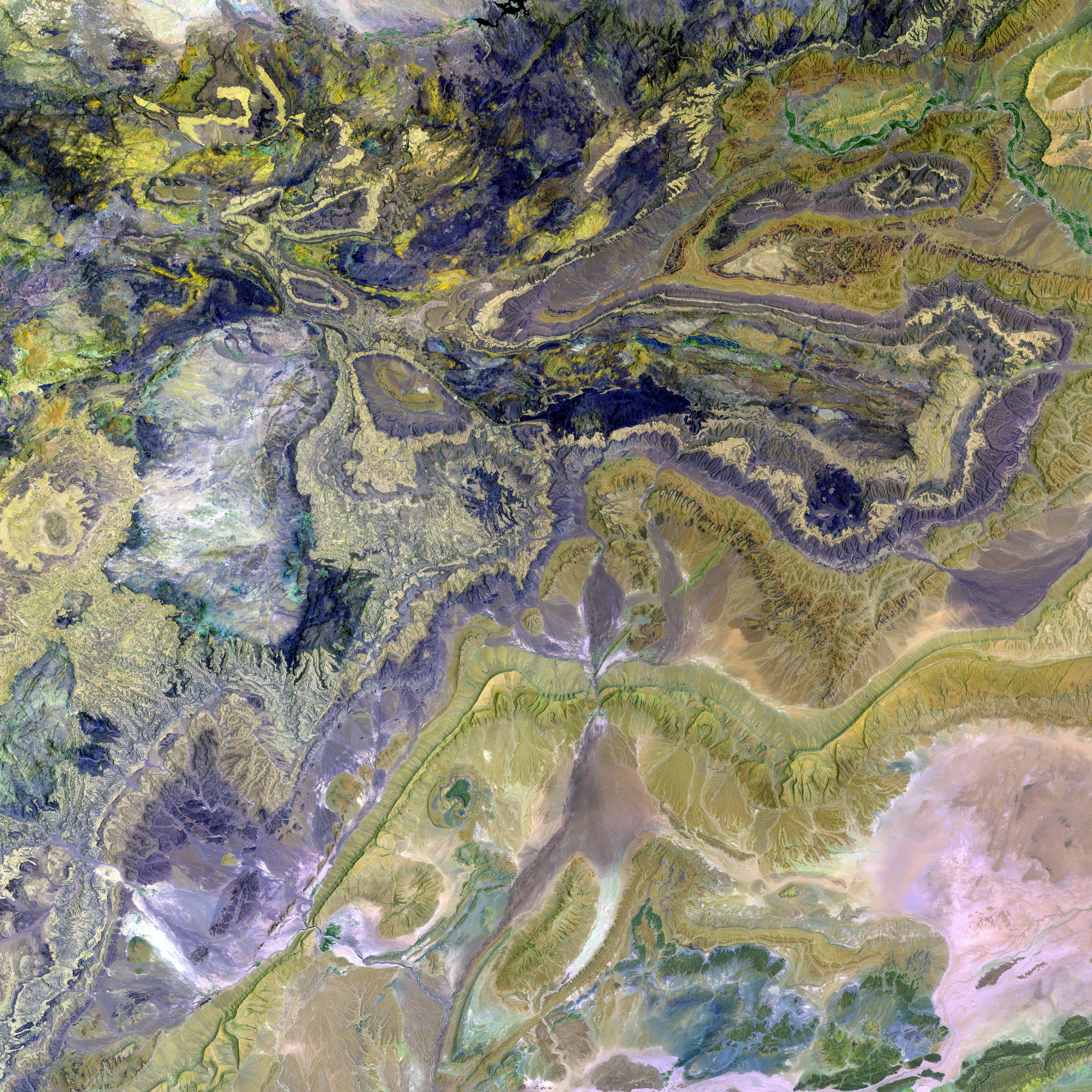Spilt aviation fuel by Thai Airways aircraft deemed non-hazardous for Gulf of Thailand waters.
In a recent event, a Thai Airways International Boeing 777-300ER aircraft released jet fuel as a fine mist over the Gulf of Thailand during an emergency landing. This was no cause for environmental concern, according to Aeronautical Radio of Thailand's acting president, Surachai Nuprom.
The decision to discharge fuel was made by the flight's captain as a standard emergency measure, aimed at lightening the plane before landing. Air traffic controllers then granted priority clearance for the aircraft to safely touch down at Suvarnabhumi airport. The incident occurred on Sunday, not long after the plane took off from Suvarnbhumi towards Frankfurt. After the issue was fixed, the flight took off again and landed without any further problems.
Fuel discharge is a carefully orchestrated emergency procedure designed to lessen an aircraft's weight in critical situations, ensuring a safe landing. This process usually takes place over uninhabited areas like the sea to mitigate risks to people and property on the ground. Once discharged, the fuel mist evaporates rapidly, reducing its volume and impact on the environment.
Now that the US Federal Aviation Administration (FAA) has upgraded Thailand's aviation safety, Mr. Surachai anticipates increased air traffic. This upgrade will boost confidence among foreign airlines looking to expand their flights to Thailand, as well as other aviation-related businesses. Recently, the FAA lifted Thailand to category 1 after downgrading it due to concerns about aviation safety regulations enforcement in 2015.
In essence, fuel discharge by commercial aircraft is a controlled emergency measure conducted at high altitudes over remote areas to ensure a safe landing, while minimizing environmental effects. The fuel evaporates quickly, limiting ground contamination, and strict regulations govern when and how it is performed to protect public safety and the environment. It's all part of standard emergency procedures followed by flight crews to maintain the highest levels of safety management.
- The fine mist of jet fuel released by the Thai Airways International aircraft, during the emergency landing, was not a cause for environmental concern, according to Nuprom, the acting president of Aeronautical Radio of Thailand.
- Nuprom, anticipates increased air traffic in Thailand, due to the US Federal Aviation Administration (FAA) upgrading Thailand's aviation safety.
- In an emergency situation, the flight's captain may choose to discharge fuel, like in the incident of the Thai Airways International flight, to lighten the plane before landing.
- The FAA recently upgraded Thailand to category 1, boosting confidence among foreign airlines looking to expand their flights to Thailand, as well as other aviation-related businesses.
- The fuel discharge by commercial aircraft, conducted at high altitudes over remote areas like the sea, is a controlled emergency measure designed to minimize environmental effects while ensuring a safe landing.








